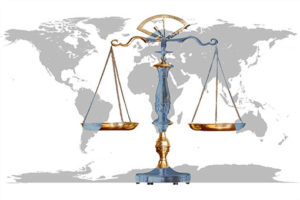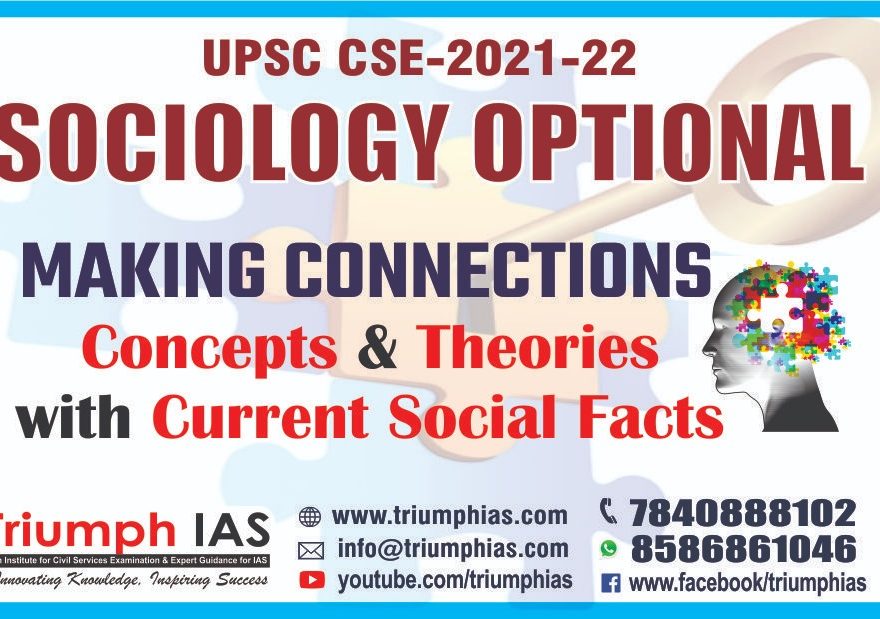
Context
A transparent consultation process must be initiated to design a law on public participation in law and policy making and to regulate lobbying and advocacy in an equitable manner.
Detailed Analysis
- Inequitable access to and exclusion from law and policy-making processes is a relatively unexplored yet crucial social justice issue.
- It manifests in procedures which are designed to deny opportunity, exclude diverse voices, create constraints of technology, language and time, as well as disable meaningful consultations, especially with those critical of a law or policy.
- An electoral mandate is not a carte blanche to do as the government wishes. It merely enables the government to present its proposals to people and seek their approval, through representative bodies like the Parliament and through public consultations, which, if done transparently, provides a level playing field for legitimate advocacy and lobby efforts.
- Perhaps keeping this in mind, the Pre Legislative Consultation Policy (PLCP) was instituted in 2014 requiring that every ministry and department “proactively” publish every proposed draft legislation or subordinate legislation, its justification, essential elements, financial implications and an estimated impact assessment on rights, lives, livelihoods, environment, etc.
- The policy also provides that all such information should be put in the public domain for a minimum period of 30 days and the feedback received should also be published on the website of the ministry or department.
- The policy also provides that the summary of this pre-legislative process should be made available to any Parliament Standing Committee to which the subsequent bill may be referred.
- Thus, the policy envisaged a consultation while the bill is being drafted and a study and consultation by a Parliament Committee after it is introduced in the Parliament.
What does the trend indicates?
- On both these counts, trends of the past few years are alarming and indicate an exclusionary and arbitrary law and policy-making process.
- As per an analysis, between June 2014 and May 2019, a total of 186 bills were introduced, out of which 142 saw no prior consultations. As per another analysis, the proportion of bills being referred to Parliament Committees for study and consultation has drastically fallen from 60 per cent in the 14th Lok Sabha, and 71 per cent in the 15th Lok Sabha to 27 per cent in the 16th Lok Sabha to just 11 per cent so far.
- One such bill, reorganising the erstwhile state of Jammu and Kashmir, saw an unprecedented breakdown of all channels of consultation, within and outside the Parliament.
- Another one, redefining the relationship between the Lieutenant Governor of Delhi and the elected Chief Minister of Delhi, saw no consultation whatsoever with either the people of Delhi or the elected legislature.
- In other words, the affected parties were denied the opportunity to participate in making the law.
- Even where consultation has been carried out, it has left much to be desired. Last year, amidst the pandemic, the government proposed drastic changes to the Environment Impact Assessment procedures.
- Concerned citizens had to approach the courts to get the deadline for consultation extended and to get the government to make the notification available in all scheduled languages so that everyone could meaningfully participate in the consultation.
- The government’s hesitation in doing so is confounding — it went to the Supreme Court against the direction of contempt proceedings by Delhi High Court for failing to comply with its direction — when under similar demands, it made the Draft of the New Education Policy, 2019 available in 23 languages.
- Thus, it was neither an impossibility nor unprecedented, but the vice lies in the arbitrary nature in which consultations are carried out.
When a voluntary group enabled citizens to send multiple emails registering their objection to the Draft EIA notification, their website was blocked on grounds that their legitimate advocacy efforts were “objectionable” and could even be unlawful. Many such groups took it upon themselves to translate the features of the Draft EIA Notification in multiple languages and as a result the Environment Ministry was overwhelmed by the lakhs of responses it received.
A collaborative approach to policy-making upholds the dignity, agency and capabilities of individuals. And these lakhs of responses are evidence of the same.
Another glaring example of mockery of public consultations is the long saga of the attempt to draft a data protection law.
- First, the expert committee set up under the chairmanship of retired Justice Srikrishna was called out for not having adequate and credible representation from civil society, citizen’s groups or independent privacy groups.
- Second, several RTIs and requests for access to comments received by the Committee have been denied.
- This flies in the face of PLCP which categorically provides that a summary of feedback received be made public.
- Once the Personal Data Protection Bill (PDP Bill), based on “confidential” feedback was introduced in the Parliament, it was sent to a specially formed Joint Parliament Committee (JPC) instead of an already existing Standing Committee, understandably to avoid an Opposition-chaired committee reviewing it. And the result is alarming.
As per analysis,
- In reviewing the PDP Bill, the JPC consulted with 18 corporate entities or industry bodies and not one civil society or citizens groups.
- While industry lobby bodies get access to decision-making corridors, civil society organisations face consequences through tightening of laws like FCRA for doing anything which may be construed as “political” in nature, even though it may be legitimate advocacy on law and policy issues.
- Some countries have adopted laws and regulations to make lobbying transparent and to provide for effective ways for citizens to participate in law-making through feedback and referenda, but India hasn’t made much stride in this regard.
- On the contrary, government designed the dubious electoral bonds scheme and made laws to shield political parties for having received donations from foreign companies.
- This has grave implications for access to law-making as secret corporate donations to political parties can deeply influence law and policy-making at the disadvantage of those who are without those means.
- In a country governed by rule of law and a liberal Constitution providing for representation of marginalised sections in law-making positions, it is not difficult to argue that closed and exclusive access to law making processes is antithetical to justice, social, economic and political, that the Constitution guarantees to everyone.
- By adopting arbitrary and discretionary processes and not clearly identifying and including all stakeholders in the policy-making process, the government denies equality before law to those excluded.
- It also curtails the freedom of speech of such excluded groups to undertake legitimate advocacy on law and policy issues.
- In doing so, the government also abdicates its constitutional responsibility to minimise and eliminate inequalities in status and opportunity among individuals and groups of people when it comes to access to law-making.
To remedy the situation, a transparent consultation process must be initiated to design a law on public participation in law and policy-making and to regulate lobbying and advocacy in an equitable manner.

